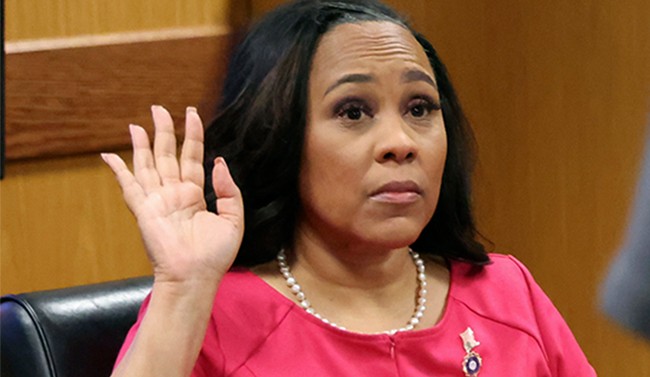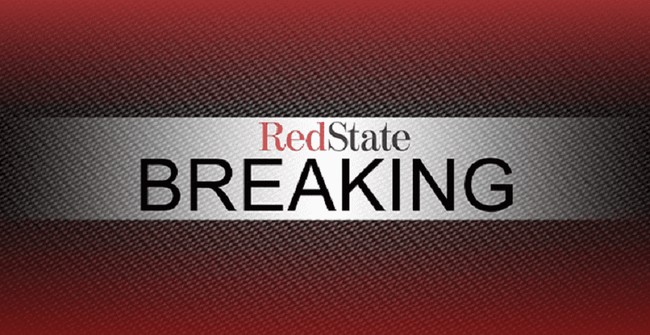Turmoil in German Politics: Elections Ahead
Germany is on the brink of political change as Chancellor Olaf Scholz loses a crucial confidence vote, leading to the dissolution of parliament and the call for early elections.
Published December 17, 2024 - 00:12am

Image recovered from rtl.de
The political landscape in Germany faces significant upheaval following Chancellor Olaf Scholz's decisive loss in a parliamentary no-confidence vote. This vote marks a pivotal moment in the ongoing governmental crisis, which was triggered by the previous departure of the neoliberal Free Democrats from Scholz's coalition government, leaving his Social Democrats (SPD) and the Greens with a fragile minority in the Bundestag.
The vote of no confidence, primarily a procedural formality, has set the stage for President Frank-Walter Steinmeier to dissolve parliament and call for new elections. These elections have been pre-scheduled for February 23, a date agreed upon by the remaining parties. These developments unfold against a backdrop of Germany grappling with severe economic challenges, the likes of which have not been seen in decades.
Chancellor Scholz's tenure, which began with a coalition of the SPD, Greens, and the Free Democrats, was marred early on by internal discord and disagreements over fiscal policies. The coalition broke apart following dissatisfaction with the financial decisions and the unrealistic demands posed by the Free Democrats, led by Christian Lindner. Lindner's insistence on these demands led to his dismissal and, consequently, the Free Democrats' exit from the coalition.
Despite Chancellor Scholz's unpopularity and the presence of other potential candidates like Defense Minister Boris Pistorius, the Social Democrats have reaffirmed Scholz as their candidate for the chancellery. However, the upcoming elections are expected to be fiercely competitive, with the opposition party, the Christian Democratic Union (CDU) and its Bavarian ally, the Christian Social Union (CSU), leading in polls under the stewardship of Friedrich Merz.
The dissolution of the coalition and the ensuing electoral plans reflect broader instabilities inherent in Germany's current political architecture. The SPD's struggle to maintain cohesion in its coalition and response to a growing populist presence, represented by the far-right Alternative for Germany (AfD), add to the electoral complexities.
The AfD, traditionally ostracized by mainstream parties due to its polarizing stances, could play an unexpected role by potentially backing Scholz. This scenario places the Chancellor in a predicament, given the ideological rift between the SPD and AfD. To mitigate such outcomes, parties like the Greens are anticipated to abstain from the vote, indirectly ensuring Scholz's planned loss.
This election cycle is not merely an administrative formality but a reflection of Germany's historical efforts to maintain equilibrium within its governance systems. The post-World War II provisions dictate that a chancellor must initiate a confidence vote to dissolve parliament, underscoring the weight such decisions carry in Germany's socio-political sphere.
As parties gear up for elections, coalition-building becomes an inevitable discourse. The CDU, though presently in a strong position, may need to seek alliances due to potential insufficient numbers for a standalone majority. The evolving political alliances will likely shape both the campaign's tone and the electorate's ultimate choice.
Germany's political history has seldom seen chancellors invoking votes of no confidence, with notable instances leading to significant electoral shifts, such as Willy Brandt's victory in 1972 and Helmut Kohl's in 1982. Should the CDU prevail, it would echo the pivotal 2005 elections where Angela Merkel ascended to the chancellery.
As the country navigates through this political crisis, the SPD faces a challenging task to regain public favor and secure a stable government. The outcome of these elections is crucial not only for Germany's internal affairs but also for its standing in the European Union and global politics.






